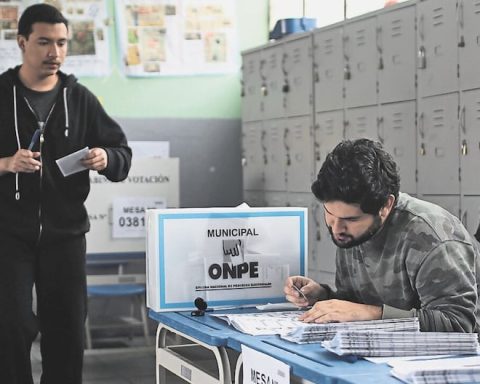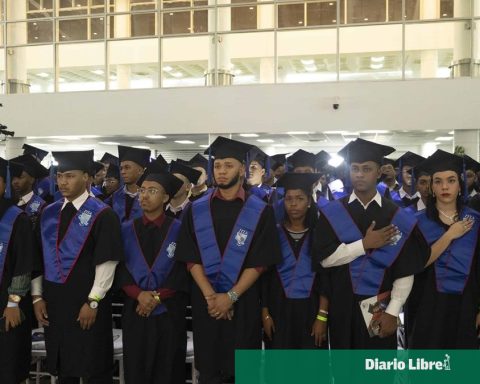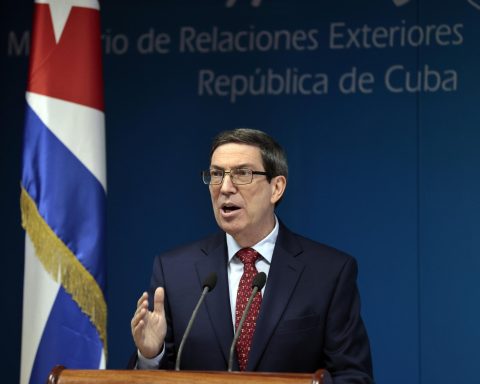The publication in La Gaceta informing the cancellation of Asobanp and sixteen other NGOstook some in the financial sector by surprise, while others consider that the bankers “let Asobanp die” by not updating the election of the Board of Directors since 2020, “although I do not know the reasons”.
“I never understood that Asobanp was so functional, because the banks compete very aggressively among themselves. What the Government alleges is that they did not renew the board of directors, nor did they present their financial statements. The same Asobanp partners were not giving it so much importance. It seems to me that there was a kind of abandonment ”, he asserted.
“The truth is that we did not see it coming. He completely took us by surprise,” she told CONFIDENTIAL Another source from the financial sector, while a lawyer specializing in banking law, considered that the underlying intention is “to leave the banks without articulation space, and force them all to seek power individually.”
Two other sources -a trade union leader, and a Central American economist who knows how international financial organizations work- consider that there is a connection between the Article IV Report issued by the IMF Board on Nicaragua, and this decision by Daniel Ortega y Rosario Murillo, executed through his Minister of the Interior, María Amelia Coronel.
“The issue of non-profit organizations (OSFL) was not in the opinion of the technicians, but it was in that of the Board of Directors, which now serves as a major excuse for the Government,” said the economist, while the union leader said that by including the issue in its report, the Fund “ends up giving a justification for a regime that has problems in the management of power”.
“The IMF mentions non-profit organizations in the section dedicated to controlling money laundering, when it celebrated that Nicaragua has been excluded from the Gray List of the Financial Action Task Force (FATF), so there is a close relationship between one thing and another. Although greater controls are requested from all countries, not only Nicaragua, in our case the government’s agenda is mixed with that of the (Monetary) Fund, ”he explained.
This source also observes that there is a double standard in the treatment of the government entities towards the organizations, especially those that represent a union of the private sector because, while some are sent to correct one element or another as an excuse to delay the delivery of your letters of compliancethere are others who receive it faster.
He explains that in this process of certification of the NPOs that pass to the Interior, some chambers have been asked to amend their statutes, with the excuse that they found ‘inconsistencies’ that do not satisfy the authorities of the Ministry. The premise is that if they make the changes that are asked of them, they should be able to move on.
The director of a chamber attached to the Higher Council for Private Enterprise (Cosep), pointed out that although the bankers’ association is attached to the union leadership, “they are a very particular association, with little participation in Cosep, although they generally supported the decisions that were made.
The other thing is that “all the chambers are in a process of validation of records, with that decision to return from Mific to Migob, each one presenting its corresponding documentation. The process concludes when the Migob issues its resolution and publishes it in La Gaceta, validating or canceling the registration, which is what just happened with Asobanp, which has us in uncertainty”.
















